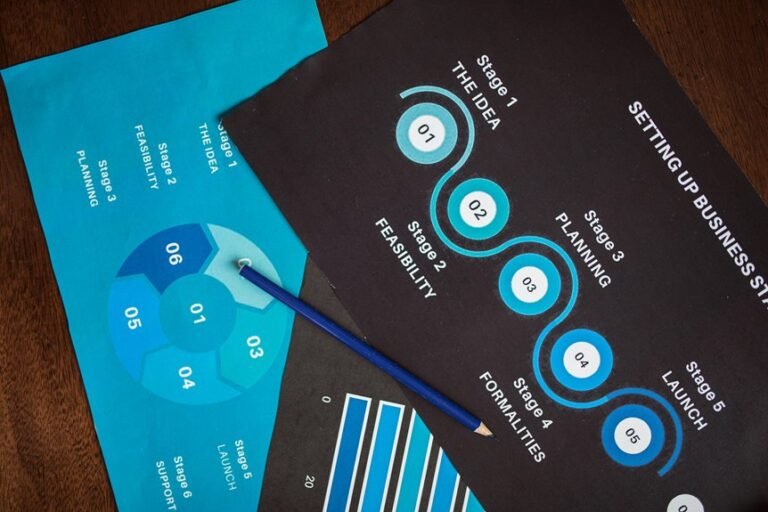Optimizing Marketing ROI for Sustainable Growth 3240840551
Optimizing marketing ROI for sustainable growth requires a strategic approach that utilizes key metrics and data analytics. Organizations must assess customer acquisition costs alongside lifetime value to drive informed decision-making. The integration of technology and marketing automation can enhance efficiency, enabling brands to respond effectively to market shifts. However, continuous improvement is crucial. What are the specific strategies that can ensure these efforts translate into long-term resilience and success?
Understanding Marketing ROI: Key Metrics and Measurements
Although marketing ROI is often perceived as a straightforward calculation, its true complexity lies in the myriad of metrics and measurements that underpin effective evaluation.
Metrics such as customer acquisition costs and lifetime value play pivotal roles in understanding brand loyalty.
Analyzing these figures enables businesses to discern which strategies foster lasting relationships, ultimately driving sustainable growth and enhancing overall marketing effectiveness.
Leveraging Data Analytics for Informed Decision-Making
Data analytics serves as a powerful tool in the evaluation of marketing ROI, enabling businesses to make informed decisions that align with their growth objectives.
Through data visualization, organizations can interpret complex information effectively, while predictive analytics helps forecast future trends.
This combination empowers marketers to identify opportunities, optimize strategies, and ultimately drive sustainable growth by leveraging insights derived from robust data analysis.
Embracing Technology: Tools to Enhance Marketing Efficiency
A multitude of technological tools exists that can significantly enhance marketing efficiency, streamlining processes and optimizing engagement strategies.
Marketing automation platforms, for example, enable businesses to customize campaigns and track performance metrics seamlessly.
Additionally, digital tools facilitate real-time data analysis, responding swiftly to market dynamics.
Strategies for Continuous Improvement and Adaptation
While organizations often face dynamic market conditions, implementing strategies for continuous improvement and adaptation is essential for sustained marketing success.
Leveraging customer feedback allows marketers to enhance their initiatives, fostering agility in campaigns. Agile marketing practices enable rapid adjustments based on real-time data, ensuring that strategies remain relevant and effective.
This iterative approach cultivates resilience, allowing organizations to thrive amidst evolving consumer preferences and competitive landscapes.
Conclusion
In conclusion, optimizing marketing ROI is essential for sustainable growth, where data-driven strategies enable brands to adapt swiftly. Remarkably, a study found that businesses using marketing analytics can experience a 15-20% increase in ROI compared to those that do not. This statistic underscores the importance of leveraging technology and continuous improvement to foster brand loyalty and resilience. By embracing these practices, companies can navigate an ever-evolving landscape and ensure long-term success in their marketing endeavors.






